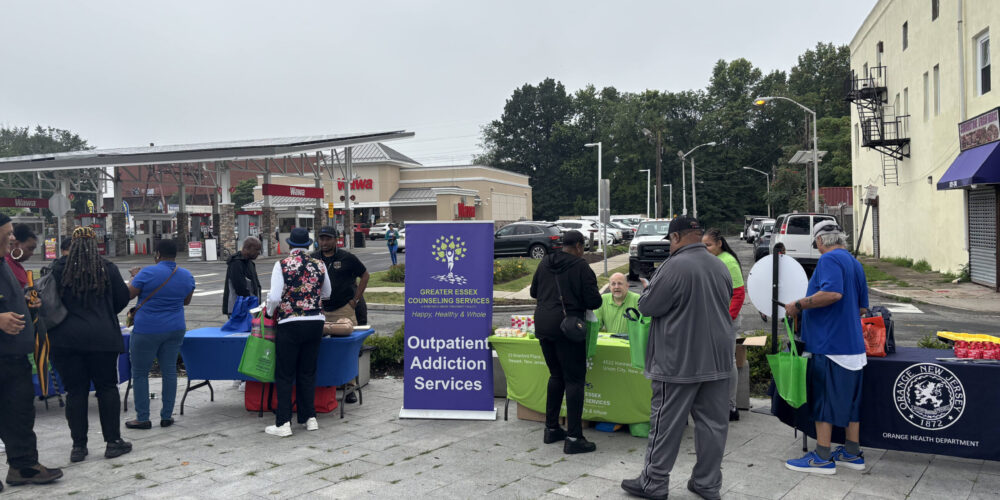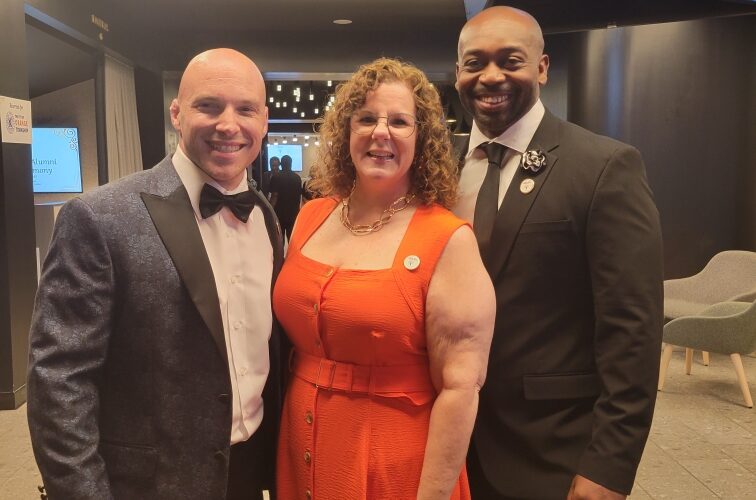Living with an opioid or alcohol problem can feel like wrestling…

Taking the first step to seek help for substance abuse is an act of profound courage. It’s common to feel overwhelmed when faced with uncertainty about the future. This guide is designed to demystify the process, providing a clear and compassionate overview of what you can expect from a high-quality outpatient substance abuse treatment program in Union City, NJ.
The Foundation: Your Initial Assessment and Personalized Plan
Your journey begins with a comprehensive outpatient substance abuse evaluation. This isn’t just a simple questionnaire; it’s a collaborative conversation where a clinician works with you to understand your unique story. They’ll discuss your history with substance abuse, your physical and mental health, and your life circumstances. This detailed assessment ensures your treatment plan is tailored specifically to you, not a one-size-fits-all program.
This evaluation becomes the blueprint for your recovery. Together, you and your counselor will co-create a personalized treatment plan. This plan acts as your roadmap, outlining your goals and the steps you’ll take to achieve them.
The Core of Your Recovery Journey
Once your plan is in place, you’ll engage in the core components of treatment. This structured support is what makes an outpatient substance abuse treatment program so effective.
- Individual therapy: This is your private space to build insight and develop new skills. Through one-on-one sessions, you’ll work with a therapist to uncover the root causes of addiction, identify triggers, and learn healthy coping mechanisms. Substance abuse therapy modalities like Cognitive Behavioral Therapy (CBT) help you change thought patterns and behaviors related to substance use.
- Group therapy: One of the most powerful aspects of a substance abuse program is the group experience. Sharing your journey with others who understand reduces feelings of isolation and builds a support network. You’ll gain strength from peers and practice new interpersonal skills in a safe, guided environment.
- Family involvement: When appropriate, involving loved ones can be vital. Addiction affects the entire family, and education and therapy sessions can help heal relationships and create a stronger, more supportive home environment.
Why Treating Mental Health Alongside Addiction Matters
Many individuals struggling with substance abuse also face challenges like anxiety or depression. Modern, effective treatment recognizes this connection. A quality program will integrate care for these co-occurring conditions, treating the whole person rather than just the addiction. This dual-diagnosis approach is essential for building a stable and lasting recovery.
Building a Sustainable Life in Recovery
The ultimate goal of any substance abuse treatment is to equip you with the tools for a fulfilling life without reliance on substances. Your program will focus on practical skills for the real world, including:
- Relapse prevention strategies.
- Stress and anger management techniques.
- Communication and vocational skills.
For some, Medication-Assisted Treatment (MAT) can be a helpful component. MAT is used under medical supervision to manage cravings and support therapy work. As you progress, your team will help you create a robust aftercare plan, connecting you with local support groups and resources in the Union City area to ensure your success long after the formal program ends.
Your Path Forward with GECS
Beginning outpatient treatment is a significant and positive commitment to your well-being. It’s a structured, supportive process designed to empower you with the insights and skills needed for lasting change.
At Greater Essex Counseling Services, LLC, we are dedicated to providing this level of comprehensive and compassionate care. Our outpatient programs in New Jersey are built on a foundation of personalized treatment plans, evidence-based therapy, and a genuine commitment to walking alongside you every step of the way. If you’re ready to learn more about what a substance abuse program could look like for you or a loved one, contact us for a confidential conversation. Let’s talk about your path forward.
FAQs
What happens during the initial assessment and treatment plan?
Your initial assessment includes a collaborative interview about substance use history, health, and goals. From this, counselors co-create an individualized outpatient treatment plan mapping therapies, frequency, milestones, and services.
Do programs treat co-occurring mental health conditions like anxiety or depression?
Yes. Quality outpatient programs treat co-occurring disorders like anxiety or depression alongside addiction, integrating therapy and, when indicated, medication management to address root causes and strengthen long-term recovery outcomes.
Can I work or attend school while in outpatient rehab?
Yes. Outpatient rehab is designed for real-life responsibilities, offering flexible daytime or evening sessions so you can continue working or studying while receiving consistent, structured care and ongoing support.



